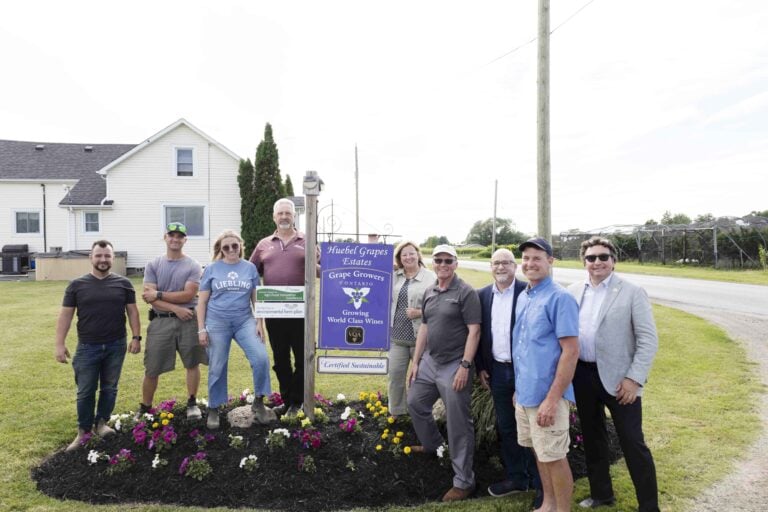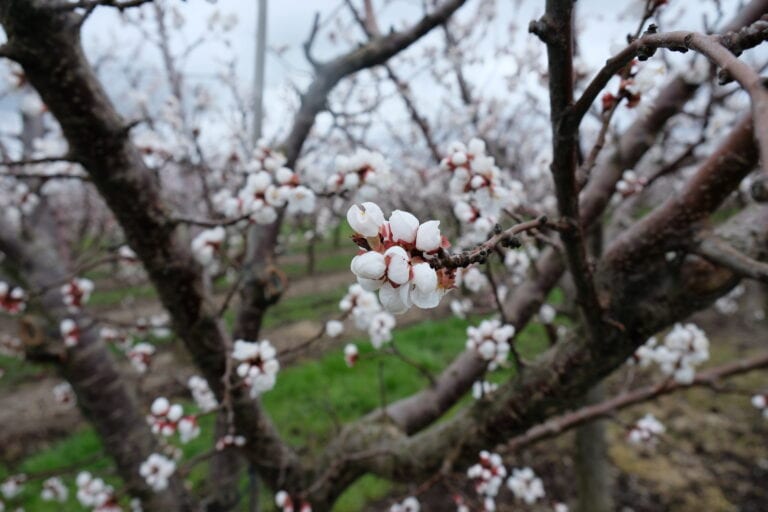With changes in federal and provincial laws that will make growing marijuana legal in Canada this fall, Coun. Betty Disero suggested Town of Niagara-on-the-Lake put a hold on approving marijuana operations for a year, with the possibility of extending it for a second year if necessary.
She also asked planning staff to look at land use planning policies to see if they require amending – there could be issues of land use compatibility and conflicts that were not considered when the original agricultural zoning bylaw was written, she said.
“We're on the eve of legalization” for recreational marijuana, she said, and although there have been discussions about increased setbacks recommended by the town's agricultural committee at 1,500 feet, as it stands, with council dissolving in October, currently the setbacks stand at 70 feet for medical marijuana production, and no restrictions for anyone considering a new facility for recreational marijuana.
Disero said she was worried about the Town being left with no control over such facilities, at least until the new council has time to look at policies early next year.
Increased setbacks, she added, have to be appropriate and defendable if a business wants to locate in NOTL and opposes municipal legislation, and 1,500 metres may not be.
“We have to buy some time to work with the residents and the agricultural committee.”
Her motion for an interim control bylaw, which was approved by council, covered both rural and industrial facilities.
Disero specified it is intended for larger operations only.
“This will not stop an individual from putting four plants into their backyard or flower pots,” she said.
Coun. Jim Collard agreed with the need for interim control, saying it will likely take two years to finalize new land-use policies.
He said the recommendation from residents and the agricultural committee for setbacks of 1,500 metres “is absolutely not defendable because you have no science” proving such a large distance is required.
“How do we get that science? We don't have the ability within our own municipality to do it.”
He suggested the Town should be turning to the Ontario Ministry of Agricultural, Food and Rural Affairs, and if necessary, the federal Department of Agriculture to see what other communities are doing.
The Town should use the two years “to get it right, ” Collard said. He recommended inviting members of the cannabis industry to sit on the Town's agricultural committee and be part of the discussion.
Irene Murray, a Larkin Road resident living near a large greenhouse facility that could potentially be the site of marijuana production, said it's clear after four years of productio, Tweed Farms on Concession 5, one of the largest legal medical marijuana facilities in the world and expected to enter the recreational market, has not been “getting it right” with respect to odour control.
Setbacks and odour control are main concerns for most residents, she said, however the impact on crop lands, and “the fact that we just don't know how nearby tender fruit crops will be impacted,” are issues to be considered.
Murray would like to see the Town limit marijuana facilities to industrial areas to keep the odour away from residents. She is also concerned open-field production could have significant negative impact on the tender fruit and grape industry.
“The approval of the interim control by-law was vital,” said Murray. “The new council will have time to fully understand the ramifications of cannabis production in our town and its potential to negatively impact our tender fruit, wine and tourist industries. Staff can give this important issue the attention it deserves.”









